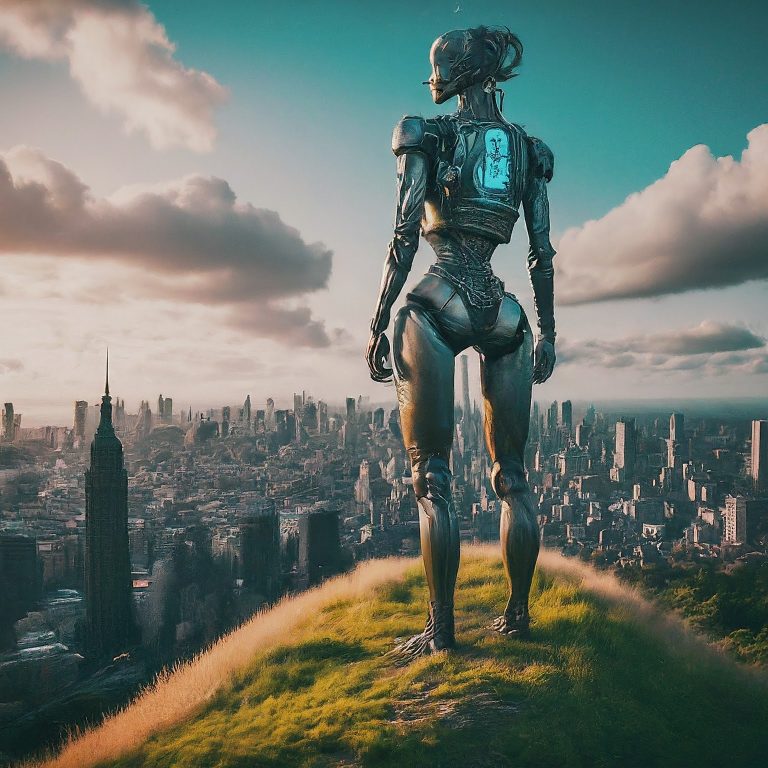Decentralized AI is reshaping artificial intelligence (AI) by shifting control from tech giants to community-driven networks. Unlike traditional AI models managed by companies companies like Google, Amazon, and Microsoft, decentralized AI utilizes blockchain technology to democratize AI development. This new approach addresses issues such as data monopolization, privacy concerns, and ethical oversight, offering a more transparent and equitable system. Learn more about AI’s impact on startups.
What is Decentralized AI?
This concept leverages blockchain to securely store and share data across a distributed network. This model allows AI systems to be created and managed collectively rather than by a single organization. Projects like SingularityNET, Ocean Protocol, and Fetch.AI are at the forefront, providing platforms where AI services are accessible, shareable, and continually improved by a decentralized community of users and developers.
Opportunities for Developers
Developers are excited about this new model because it opens up new opportunities without relying on major tech companies. Platforms such as SingularityNET allow developers to share, monetize, and collaborate on AI models more freely. However, integrating blockchain with AI introduces challenges, such as ensuring smart contract security and managing the complexities of decentralized systems. Developers also need to adapt to governance models like DAOs (Decentralized Autonomous Organizations), where decision-making involves the community rather than a central authority.
Business Community Insights
Businesses see potential in this innovation but approach it cautiously. It offers innovative AI solutions at lower costs and provides more control over sensitive data. Yet, concerns about regulation, accountability, and blockchain technology’s volatility persist.
Tech Giants’ Perspective on the Trend
Tech giants like Google, Amazon, and Microsoft might view decentralized platforms as a threat. Decentralized platforms challenge their dominance by distributing control and making AI more accessible. This shift could disrupt their traditional market control and influence over AI technology.
Despite these challenges, this model offers to make artificial intelligence more accessible, secure, and fair for everyone.
![]()

